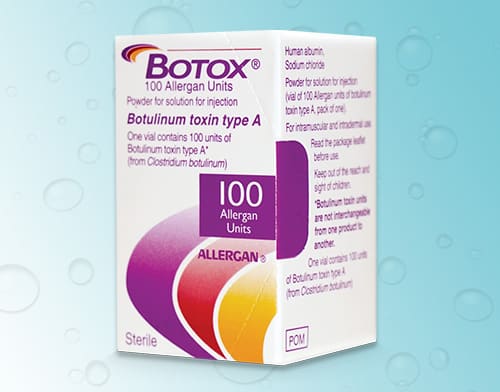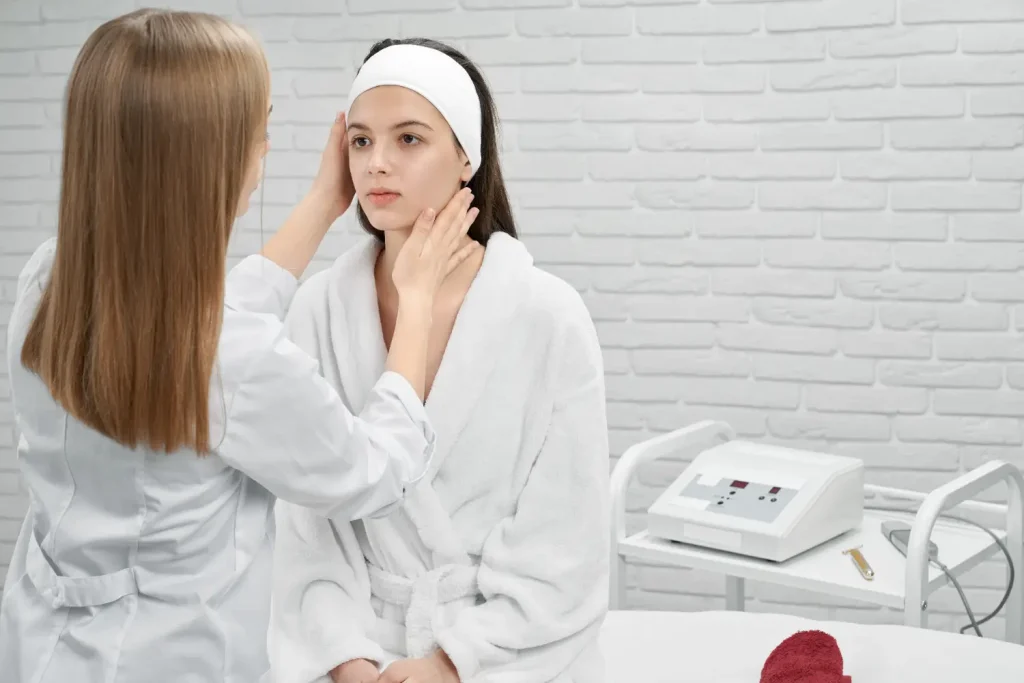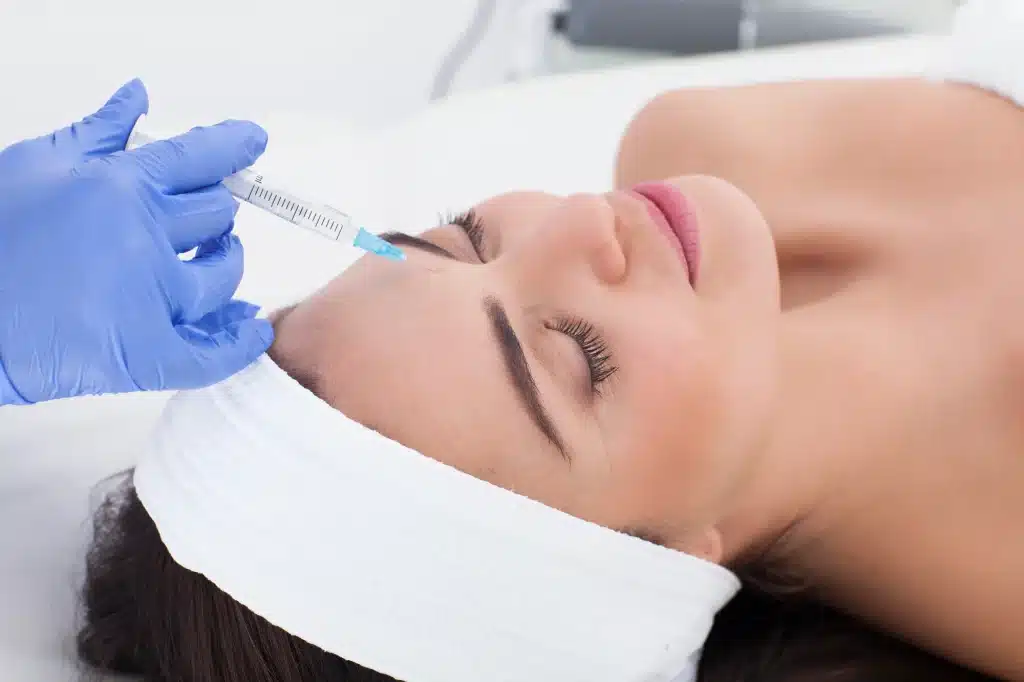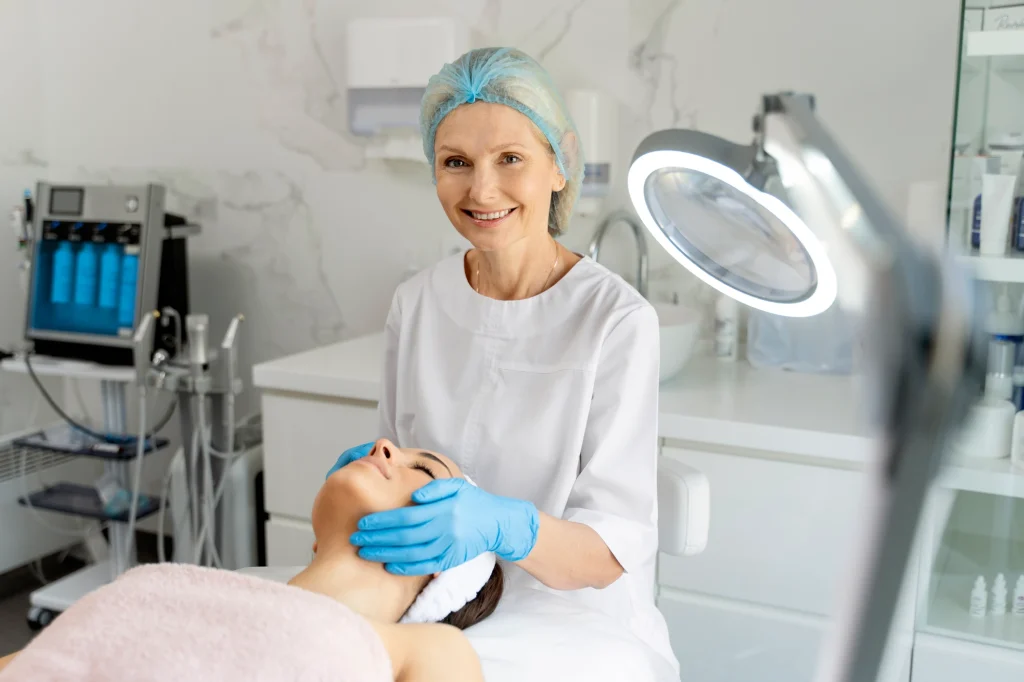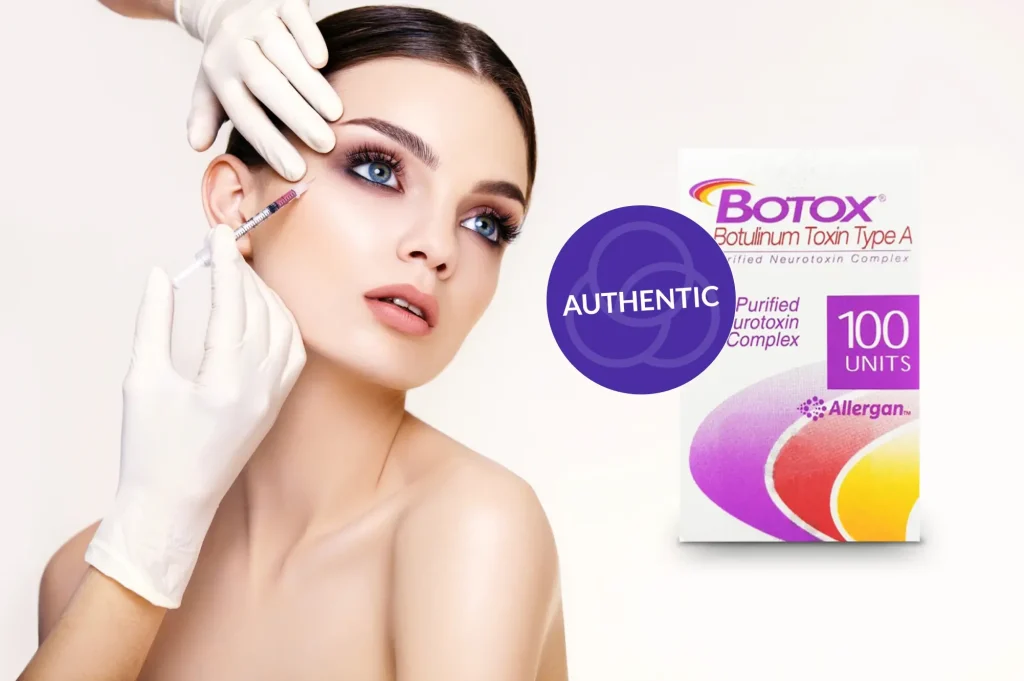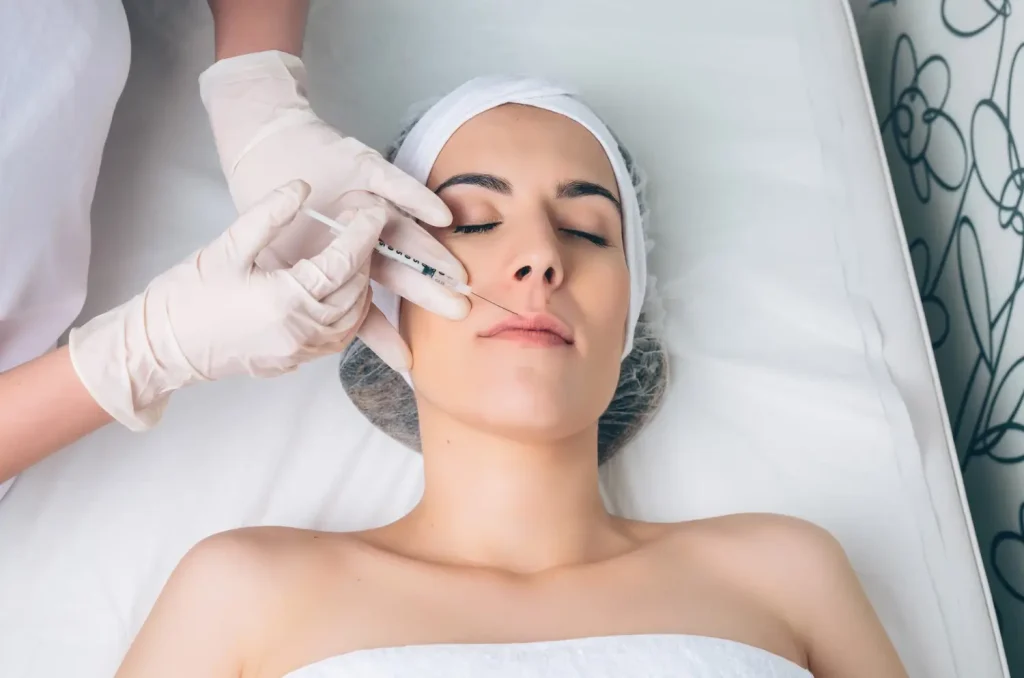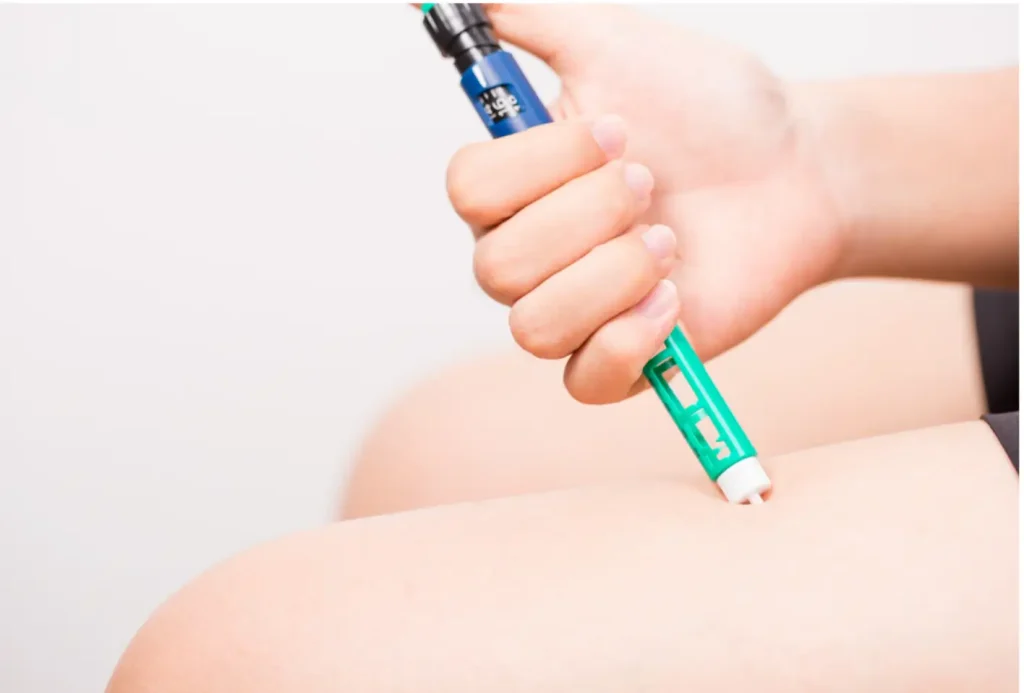A serious issue for many individuals, sensitive skin can cause a myriad of side effects, including redness, rashes, and dry patches. Uncomfortable and often painful, these reactions are why many patients who suffer from skin sensitivity may feel cautious about receiving cosmetic procedures—there is too much risk involved. However, Botox is a fantastic option for patients with sensitive skin, as it is ideal for all skin types and works within the muscle.
What is Botox and How Does it Work?
Botox is the brand name of botulinum toxin type A, a neurotoxin that temporarily paralyzes muscles. When Botox is injected, the mechanism of action disrupts the signals that travel between the brain and the nerves. While Botox is most often associated with anti-aging cosmetic surgery procedures, it is also used in a number of medical procedures. It was initially introduced as a treatment for strabismus, and has since been discovered to help with migraine relief, facial spasms, muscular pain, and overactive bladder, among other issues.
When it comes to Botox for facial treatments, it is able to temporarily diminish the appearance of dynamic wrinkles. Dynamic wrinkles form when people engage their facial muscles. When the muscle activity is temporarily frozen due to Botox, the muscles cannot engage and therefore no wrinkles form. While Botox isn’t suitable for all wrinkles, it is effective for crow’s feet, worry lines in the forehead, glabellar lines, and periorbital lines. The effects of treatment last from three to four months, and it takes approximately two weeks for optimal results to take effect.
What Causes Sensitive Skin?
Sensitive skin is a common affliction that can be caused by a number of issues. Patients may believe they have sensitive skin because they feel discomfort, burning, tightness, stinging or experience redness when using skin products. While that may be the case, common signs of sensitive skin include: reactions such as bumps, erosion, or pustules; very dry skin that does not supply proper protection to nerve endings; and/or a tendency toward flushing and blushing.
Sensitive skin reactions can be the result of skin disorders like eczema and rosacea, or allergic reactions. Injured or severely dry skin may also make the skin more sensitive, leading to a heightened likelihood of reactions. Another factor that causes sensitivity is excessive exposure to harmful environmental factors such as sun, wind, and extreme temperatures. Sensitivity can also be the result of genetics or aging.
Is Botox Treatment Safe for Sensitive Skin?
Yes, Botox treatment is perfectly safe for sensitive skin! Botox is suitable for all skin types. As it is injected directly into the muscles of the face instead of into the skin, sensitivity has no bearing on the results. However, the procedure should not be performed if there is inflammation or open wounds on the skin. Similarly, if there are signs of infection, wait for the skin to heal and return to normal prior to injections.
While sensitive skin will not interfere with the results of the procedure, there are some things the patient should expect from treatment and steps the injector can take to alleviate potential discomfort for sensitive skin.
What to Expect from Botox for Sensitive Skin
The Botox procedure is the same for patients with all skin types, including sensitive skin. This may include an initial consultation to determine the best areas of injection, followed by the injections. As with any other type of skin, the results will last for approximately three to four months.
Patients with sensitive skin may experience the injections differently than other patients. Though treatment only involves a small-gauge needle and quick pin pricks, it is not uncommon for patients with sensitive skin to experience more pain, as their skin is likely thinner. Patients who commonly experience skin reactions due to sensitivity may also be more prone to swelling and bruising after treatment. However, these mild side effects are temporary and will resolve themselves within a few days.
5 Tips for Botox for Skin with Sensitivity
While Botox is just as safe and effective on sensitive skin as it is on any other skin type, there are some precautions you can observe in order to soothe any patient concerns. These tips will help alleviate discomfort and lower the risk of bruising and swelling.
Wait for Outbreaks to End
If there is inflammation, infection, or open lesions, the skin barrier is compromised. A weak skin barrier increases the risk of injection-related infection. To avoid this risk altogether, reschedule the procedure for a time when the patient’s skin is healthier.
Use Topical Anesthetic
Use a topical anesthetic such as lidocaine to numb the skin prior to injection. This decreases discomfort and prevents the patient from undue pain. Patients who have sensitive skin may be more susceptible to pain and it may be one of their top regarding Botox injections.
Do a Test Run
As sensitive skin all too often goes hand-in-hand with the onset of allergies, an allergy test containing a small amount of Botox may be in order. Allergic reactions to Botox treatment are very rare; however, a test for allergic reactions is easy, quick, and will go a long way towards easing fears your patients have.
Apply a Cold Compress
Applying a cold compress after injection will help reduce bruising as well as soothe any stinging or pain from the needle. Patients can continue applying a compress on and off once they get home.
Use Sunscreen
Advise patients to apply sunscreen before and after the procedure. The best way to fend off sensitivity is to keep the skin healthy, and that means limiting exposure to ultra violet (UV) rays. Consistent sunscreen application is one of the best ways to prevent wrinkles, so this one’s a win-win!
Conclusion
Botox is a safe and effective treatment to reduce the appearance of wrinkles in all skin types. As Botox is injected directly into facial muscles instead of into the skin, the only effects an individual with sensitive skin will experience will be due to the needle, not the formulation.
References

